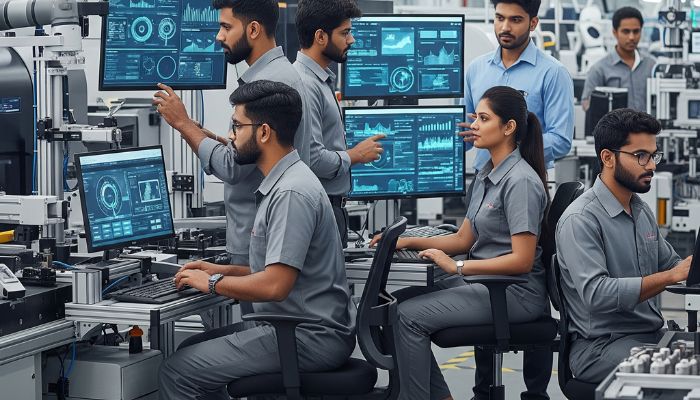We are in the midst of a good monsoon and the beginning of the festive season has rekindled hopes of an increased consumption cycle triggering in.
It was the Finance Minister over the last few weeks. This time it’s the RBI. Adding to the efforts of the central government in boosting the economy, the RBI announced significant cuts in the repo rate and reverse repo rate a few days ago. This move will have a mixed impact on consumers. While the new home loan borrowers, and the existing ones after paying a fee, will benefit from the cuts, the government aims at encouraging consumers to buy houses opting for cheaper home loans. The attempt is to entice home loan borrowers buy houses, thus activating the consumption-led multiplier effect. After all, the construction and real estate sector is the highest employment provider after agriculture sector in the country. If this sector gets impacted in a positive way, the chances of economic revival gets bolstered. A parallel cut in the reverse repo rate spells disappointment for those who depend upon fixed deposit interest earnings. This initiative is an incremental one and may take time to trickle down. Keeping a more realistic outlook, the RBI also announced a cut in the GDP growth target from 6.9 to 6.1 per cent.
You might also be interested to read: Advent Of Open Talent Economy
Talks of BPCL being put on the bloc for privatization with the government planning to dilute its shareholding to less than 47 per cent has gathered momentum. The Repealing and Amending Act of 2016 had annulled 187 obsolete and redundant laws including the Act of 1976 that had nationalised erstwhile Burmah Shell (now known as BPCL). If successfully accomplished, the privatization of BPCL might help meet a third of the government’s Rs 1.05 lakh crore disinvestment target.
The government till now has been swift in introducing corrective actions – in some cases undoing measures introduced in the budget – or bringing about minor measures expected to improve efficiencies. Employers continue to expect a more drastic and strong set of structural reforms in the labor sector and compliance-related areas. GST has perhaps been the only strong structural reform in the past several years. A subsequent rate cut in the GST slabs, as expected, might rationalize the structure and lead to better compliance.
In addition to incremental boosters, the government can do much more to impact a larger set of citizens over a longer period of time. India is primarily an agrarian economy. The last two decades have seen migration from rural to urban areas, mostly out of BIMARU states. Though it has helped the migrants get employed but it has been at the cost of unbalanced regional development. Farm to factories is a long term, sustainable, balanced approach to India’s economic development. The government can take a broad-based approach to develop farms on the lines of factories by mechanizing them, introducing modern equipment, using AI and satellite imagery to predict rains, ensuring crop insurance, anticipating risks of pests, crop failure, drought, and even using geo-fencing to identify individual farm holdings and advise farmers on making cultivation a profitable business. This sector is so dependent on monsoon for better crop and the government for subsidies, fertilisers and loans that the latter needs to take a major policy decision, implement it on war-footing and educate farmers for the next few years, enabling them to adapt to this cultural paradigm shift. AI and technology can improve productivity, efficiency and generate profits from optimum usage of land holdings besides stemming the rising tide of internal migration and disparity in regional development. Indirectly, it also addresses the issues of social unrest.
At India Employer Forum (IEF), we have been continuing our sustained efforts at bringing together the industry and creating awareness around challenges that lay ahead. After a successful event at Bangalore in August this year, India Employer Forum is hosting the second edition of the IEF Conclave on ‘Reimagining Human Capital’ in Hotel Lalit, Mumbai on October 16, 2019. Industry HR icons – Yogi Sriram (Group CHRO, L&T), Rajesh Padmanabhan (Group CHRO, Welspun), Gautam Chainani (Group CHRO, JSW) along with new-age HR leaders – Mohit Kumar (Joint President – HR, Hindalco), Dev Deepika (India HR Head – First data, a subsidiary of Fiserv) and Leadership Coach and HR Consultant R. Rajgopal will discuss various facets of the topic in a panel moderated by Rituparna Chakraborty (Co-founder and EVP, TeamLease Services). Manish Sabharwal (Chairman and Founder of TeamLease Services) will deliver the opening address introducing the topic. TeamLease is the knowledge partner for the conclave.






